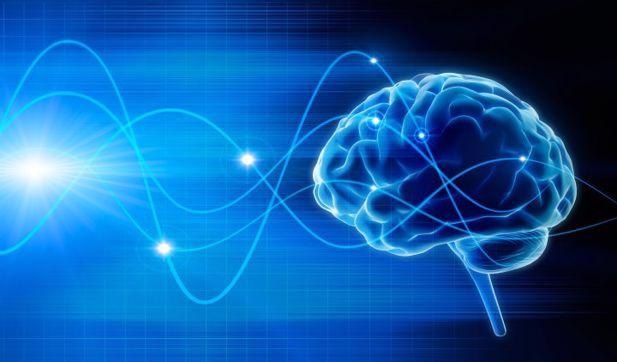Nov 24 2020
At the University of Birmingham, researchers have designed a new sensor to quantify weak magnetic signals in the brain, with the ability to increase the understanding of connectivity in the brain, and identify signs of schizophrenia, dementia, and traumatic brain injury.

Image Credit: University of Birmingham.
Magnetoencephalography (MEG) is used to measure magnetic signals in the brain. Since these signals are simple to localize compared to the electrical signals measured by EEG, they could find higher utility for earlier and more precise diagnostic methods.
Dr Anna Kowalczyk, a physicist, guided a team of researchers from the Quantum Gases group at the School of Physics and Astronomy and the Neuronal Oscillation group at the School of Psychology to develop a new Optically Pumped Magnetometer (OPM) sensor.
These sensors are utilized in MEG laboratories and make use of polarized light to detect variations in the orientation of the spin of atoms upon exposure to a magnetic field.
The study has been published in the NeuroImage journal, and the University of Birmingham Enterprise has filed a patent application for the new sensor’s design and its use in medical diagnostic equipment.
The new sensor is very powerful in detecting brain signals and differentiating them from background magnetic noise than sensors available in the market.
Moreover, the team was able to decrease the size of the sensor by eliminating the laser from the sensor head and made additional adjustments to reduce the number of electronic components, in a move that will decrease interference between sensors.
Benchmarking tests were performed in sophisticated facilities at the University of Birmingham’s Centre for Human Brain Health and exhibited good performance in environmental conditions where other sensors do not function.
Particularly, the team demonstrated that the new sensor can detect brain signals against background magnetic noise, thus increasing the chances of MEG testing in a hospital ward or outside a specialized unit.
Existing MEG sensors need to be at a constant, cool temperature and this requires a bulky helium-cooling system, which means they have to be arranged in a rigid helmet that will not fit every head size and shape.
Dr Anna Kowalczyk, Physicist, University of Birmingham
Kowalczyk added, “They also require a zero-magnetic field environment to pick up the brain signals. The testing demonstrated that our stand-alone sensor does not require these conditions. Its performance surpasses existing sensors, and it can discriminate between background magnetic fields and brain activity.”
The scientists anticipate that these more powerful sensors will expand the use of MEG for diagnosis and treatment, and they are collaborating with other institutes at the University to identify which therapeutic areas will be profited the most from this new method.
We know that early diagnosis improves outcomes and this technology could provide the sensitivity to detect the earliest changes in brain activity in conditions like schizophrenia, dementia and ADHD. It also has immediate clinical relevance, and we are already working with clinicians at the Queen Elizabeth hospital to investigate its use in pinpointing the site of traumatic brain injuries.
Ole Jensen, Neuroscientist Professor and Co-Director, Centre for Human Brain Health, University of Birmingham
Moreover, the team at CHBH has recently been granted Partnership Resource Funding from the UK Quantum Technology Hub Sensors and Timing to further design new OPM sensors.
Currently, the team is looking for commercial and research partnerships that will result in improved diagnostics for neurological injury, psychiatric disorders like schizophrenia, and neurological disorders like dementia.
Journal Reference:
Kowalczyk, A. U., et al. (2020) Detection of human auditory evoked brain signals with a resilient nonlinear optically pumped magnetometer. Neurolmage. doi.org/10.1016/j.neuroimage.2020.117497.